Lawmaker seeks support of parliament to decolonise Swiss museums

On February 23, a parliamentary committee will discuss whether Switzerland should investigate the origins of artefacts in their collections that were acquired in a colonial context, with the goal of returning them if appropriate. The motion follows similar debates in other European countries that aim to set up structures and guidelines to address the issue.
The motion was put forward by Carlo Sommaruga, a Social Democrat member of parliament, and will be debated by the parliament’s committee for science, education and culture. It calls for technical and financial support for museums to conduct provenance research, a central system of mediation with countries of origin for disputed objects, and logistical support for repatriations or alternative solutions agreed with source communities. Sommaruga aims to gain support from other parties including centrist and right-wing groups, to overrule current government opposition to his motion.
While Switzerland never reigned over foreign territories, its citizens benefited from the colonies of other countries. Swiss people travelled as soldiers, missionaries, merchants, diplomats and explorers, bringing back artefacts, manuscripts, textiles and art as well as natural objects such as fossils and minerals. Many such collections were eventually sold, donated or bequeathed to museums.
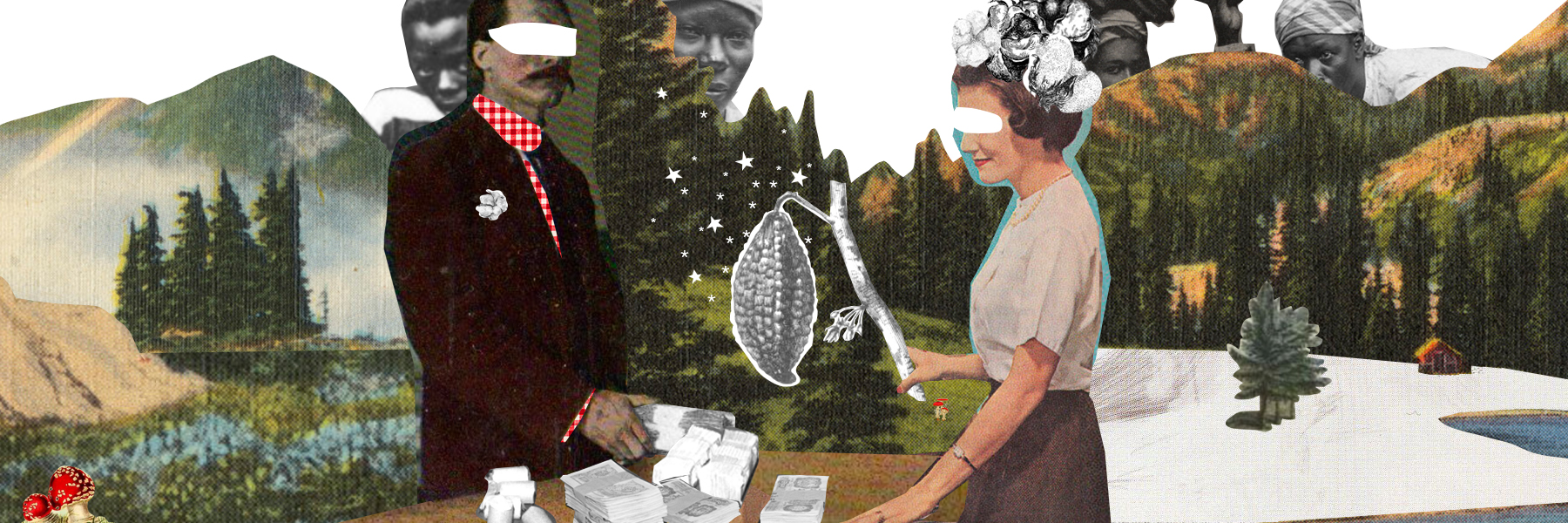
More
Switzerland and its colonists
“Because Switzerland didn’t have any colonies, it is difficult to accept that we also have a responsibility here, but we do,” Sommaruga explained. “The difficulty for Swiss politicians is that we haven’t really accepted that we profited from colonialism. This is not just about museum policy – it is also about diplomacy, and we could become proactive and serve as an example for other European countries.”
Decolonisation on track
The debate over “decolonising” Europe’s museums seized headlines in 2017, when President Emmanuel Macron promised to permanently restitute African patrimony in French museums in a speech in Burkina Faso. France has since taken concrete steps, with the passage last year of a law allowing the restitution of 27 looted artefacts to former colonies.
In Germany, the 16 states agreed on a set of guidelines in 2019, committing to create adequate conditions for the repatriation of artefacts in public collections that were taken “in ways that are legally or morally unjustifiable today” from former colonies. In January, the Dutch government became the first in Europe to approve the creation of a central committee to assess requests for repatriations and pledged to return, unconditionally, any objects in the national collections looted from Dutch colonies.
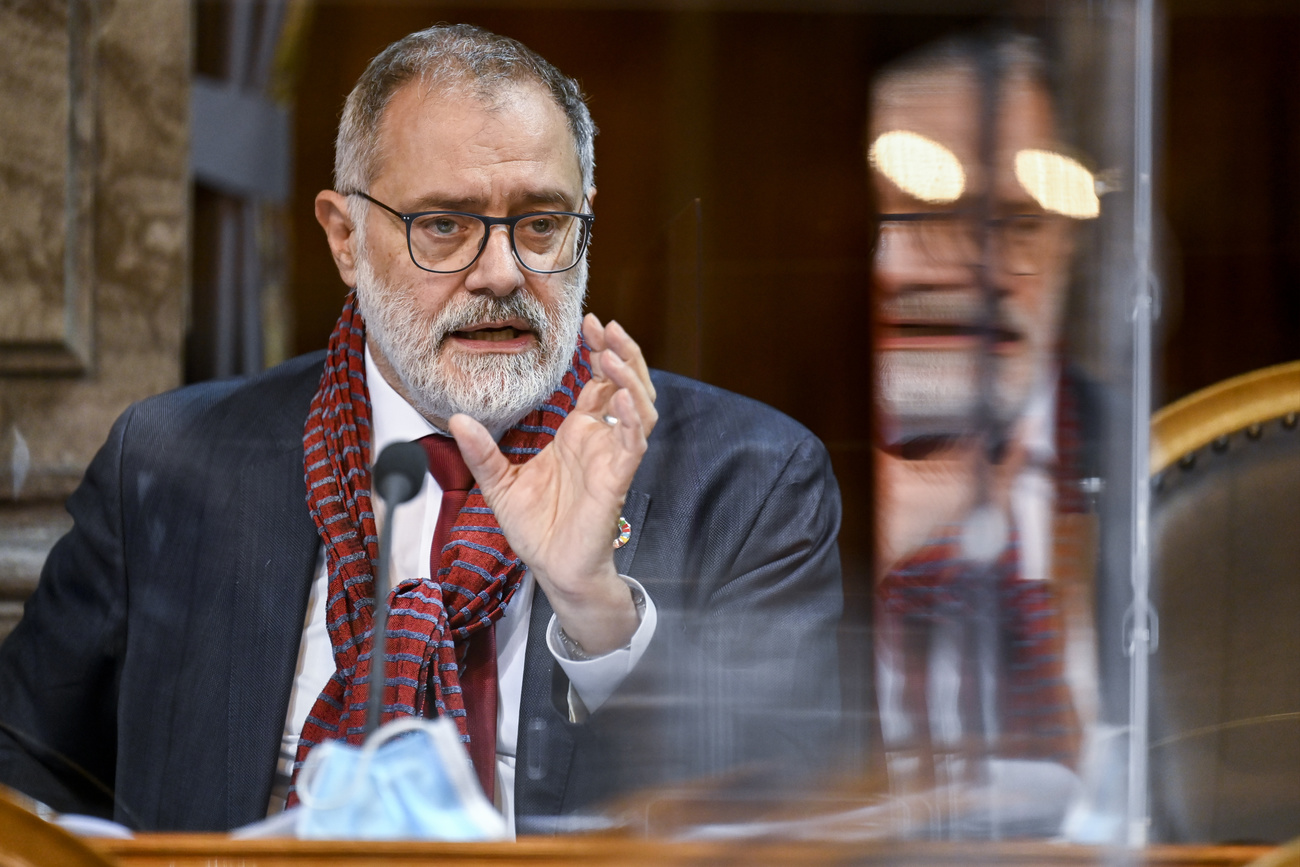
Benin Bronzes
In Switzerland, individual museums have launched their own initiative. Eight Swiss museums have joined forcesExternal link to investigate the provenances of their collections from the Kingdom of Benin – in modern-day Nigeria – in a research project supported with funding of CHF100,000 ($111,475) from the Federal Office of Culture.
The so-called Benin Bronzes have become a touchstone in the debate about colonial-era looting across Europe. In 1897, British troops plundered and devastated the Royal Palace of Benin in a “punitive expedition,” looting at least 3,000 artefacts and possibly many more. These are now scattered around European museums including the British Museum, Vienna’s Weltmuseum, Berlin’s Ethnology Museum and Hamburg’s Museum am Rothenbaum.
Swiss museums possess 97 objects from the Kingdom of Benin. Around 40 percent of these were acquired during the colonial era and some are known to have been looted in the British expedition, but the provenances of others are not clear. The new research project, beginning in May and coordinated by the Museum Rietberg in Zurich, aims to establish the routes these objects took from Benin to Switzerland.
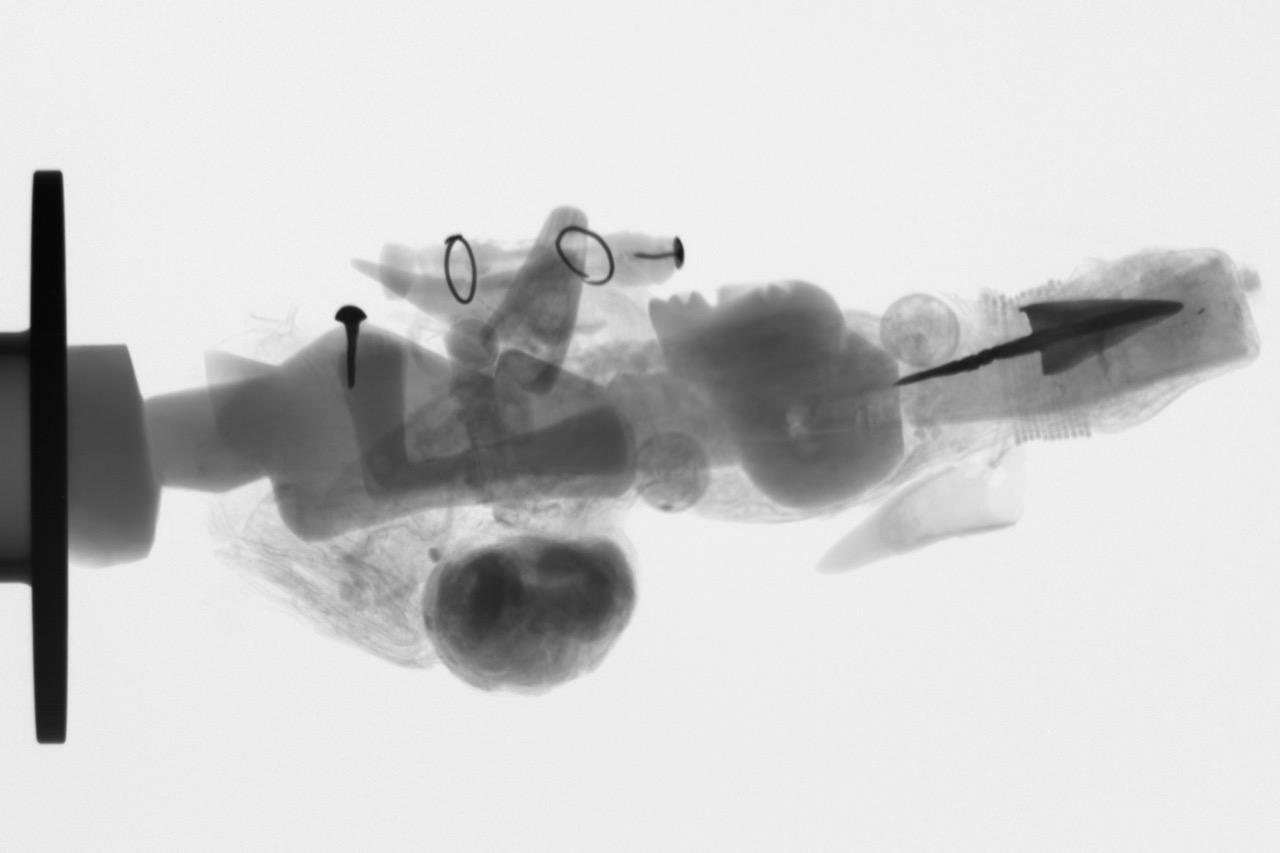
More
Congo’s past and present interact at Zurich exhibition
One of the museums involved in this project is the St. Gallen Historical and Ethnographic Museum. It holds eight objects from Benin and has determined that two of these were probably looted by the British. The provenance of the other six remains unclear.
Switzerland is “just at the beginning” of addressing museum objects acquired in a colonial context, says Peter Müller, who is in charge of provenance research at the museum.
“It’s important that all of those involved engage in intensive discussion,” he said. “And the federal government must be a part of that. A more intensive engagement would be desirable, for example in funding, technical aspects and networking. And of course it would be desirable to have a clear legal basis for returns and repatriations. But this is also very complex, and can only really be resolved internationally or even globally.”
Still, Sommaruga says a co-ordinated national policy would help. In the case of Nazi-looted art, there are international guidelines known as the Washington PrinciplesExternal link for restituting plundered items in public collections, which Switzerland endorsed. The Federal Office of Culture pledged funding of CHF1.15 million for provenance research in museums for the years 2018 to 2020. The office also has a help-desk in Bern for claimants and museums seeking support and information.
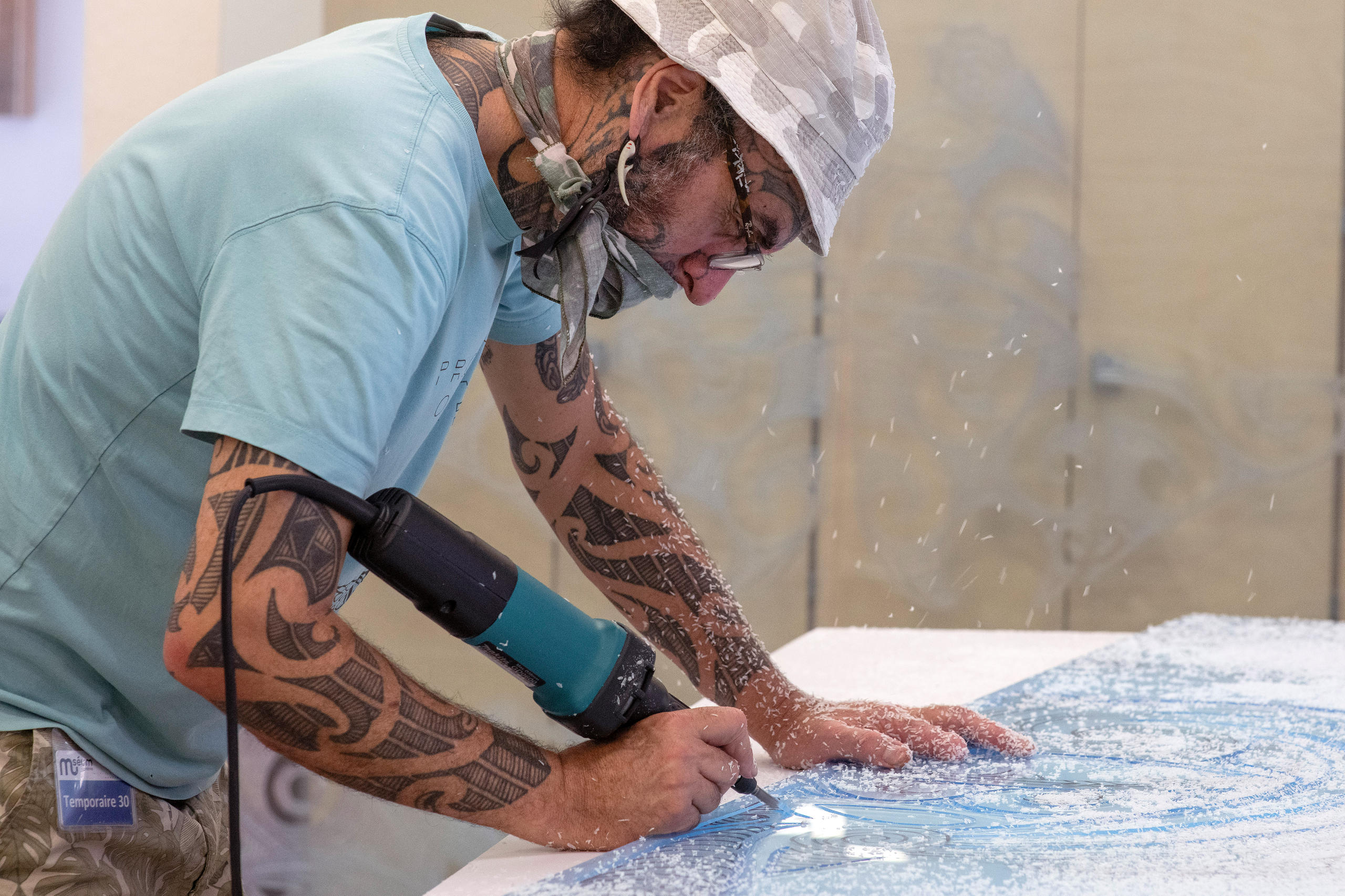
More
Swiss take steps to ‘decolonise’ cultural artefacts
None of this infrastructure exists specifically to help claimants or the current holders of objects looted in the colonial era in Switzerland.
“While some museums have become hotspots for addressing the colonial past, nothing is structured,” Sommaruga said. “What we need is something similar to the support for museums returning Nazi-looted art. We need a central focal point for information and financial subsidies for provenance research, and we need principles for provenance research, how to treat colonial cultural heritage and repatriation – at the moment, there are none relating to colonial goods.”
So far, the government has rejected Sommaruga’s motion. It argues that the subsidies available for provenance research on Nazi-era acquisitions also encompass objects that entered collections in the colonial era; that an adequate legal framework for stolen cultural heritage is already in place, and that the diplomatic service already provides support for disputes over cultural property. But Sommaruga isn’t convinced.
“This is a minimalist response,” Sommaruga said. “Perhaps they haven’t understood the importance of this issue. I hope the parliamentary commission will take a deeper look at this subject. My motion, prepared with a lot of experts in the subject, is a good vehicle for to start a discussion.”

In compliance with the JTI standards
More: SWI swissinfo.ch certified by the Journalism Trust Initiative








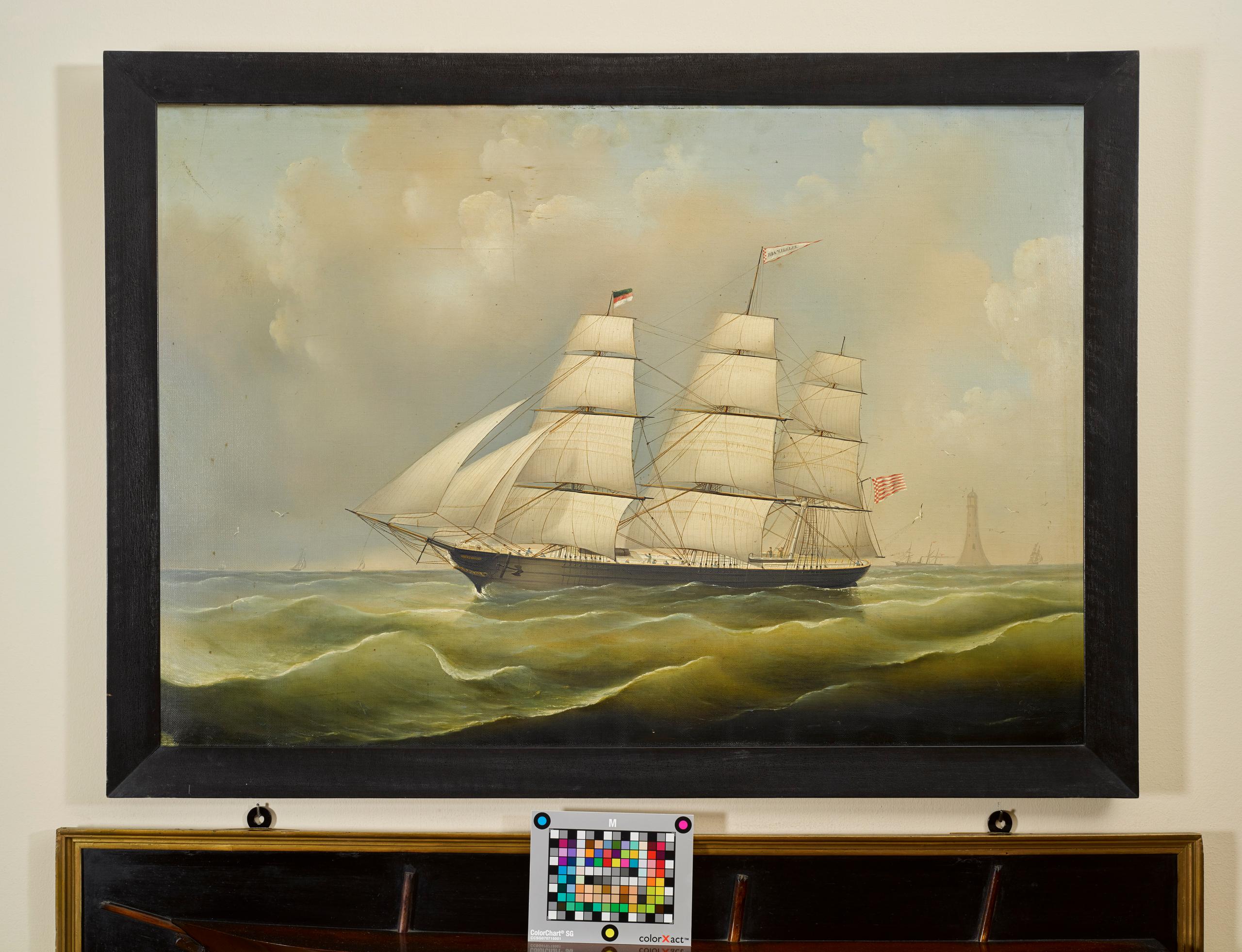

You can find an overview of ongoing debates with our journalists here . Please join us!
If you want to start a conversation about a topic raised in this article or want to report factual errors, email us at english@swissinfo.ch.